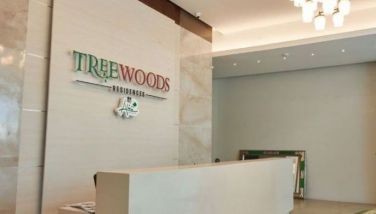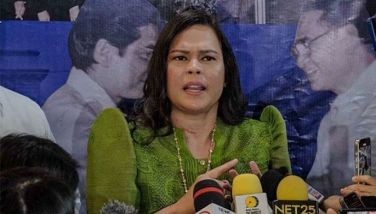The knowledge society
All countries and peoples are changing rapidly – as the market economy, democratic politics, and the international millennial’s culture spread all over the world, in the process called ‘globalization’ (which US President Trump wishes to dismantle).
In contrast to Trump, the American management thinker Peter Drucker, memorably described this emerging social organization as the ‘Knowledge Society”. By this Drucker meant that – in our world today – knowledge has become the basic human resource.
Nowadays, value is created not so much by capitalists, workers, and natural resources, as by productivity and innovation – both of which are the application of knowledge to work. Today, value is created primarily by intelligence – creativity – and inventiveness. The new tribe are ‘knowledge workers’ – individuals who know how to allocate knowledge to productive use.
And, for both individuals and nations, education – the systematic acquisition of knowledge – has become the ultimate ladder to opportunity!
Globalization will speed up the flow of technical and scientific knowledge from the developed to the less-developed countries. Education must work to close the gap in learning between those two types of countries. In other words, globalization will intensify and broaden every country’s need to educate all its people. No longer will it suffice to educate a tiny elite than will then manage and direct the politics, the economy, and the culture of the many.
Development will require not only a corps of highly skilled individuals capable of absorbing advance technology; it will also require a minimum of scientific literacy and technological skill; it will also need the setting of professional standards, the delineation of fields of expertise, and the organization of communities of knowledge. Education can no longer afford to leave anybody behind.
All young people – whether they go to college or not – will need a similar set of core competencies if they are to succeed in today’s labor markets.
If the Philippines is to survive in the ever-changing, fast moving, technology-driven world taking shape before our eyes, the country has to position itself strategically in this new economy.
The end-effort must be to secure the Philippines’s place on the right side of the digital divide the revolutions in communications, information, and computer technologies are creating. This requires a work-class workforce, something that the ICT and creative industries have been asking for. And because knowledge has become the modern economy’s central resource, we must keep in mind continuous learning has become essential. So swift is the generation and transmission of knowledge that learning has become a life-long process for every one of us.
- Latest

























